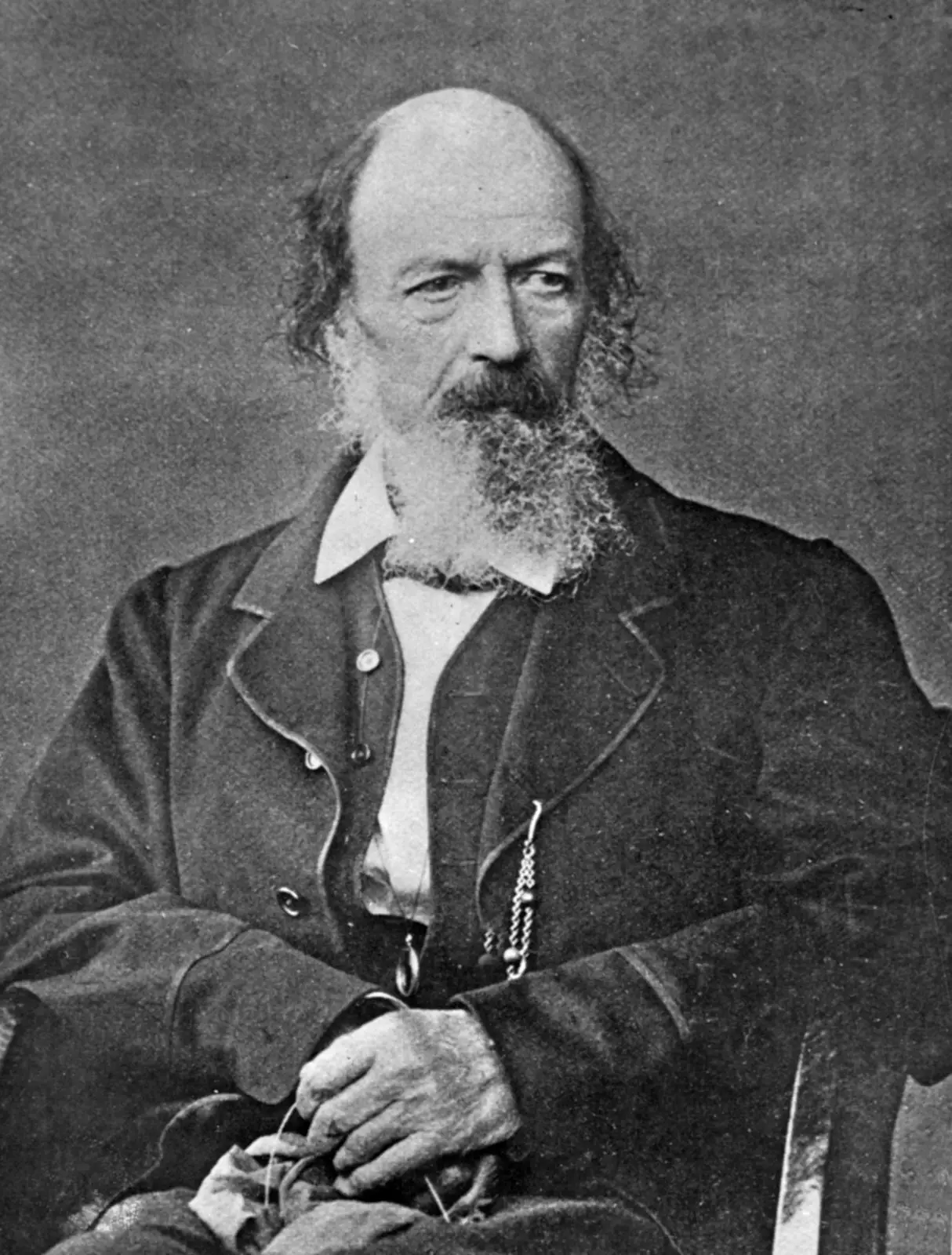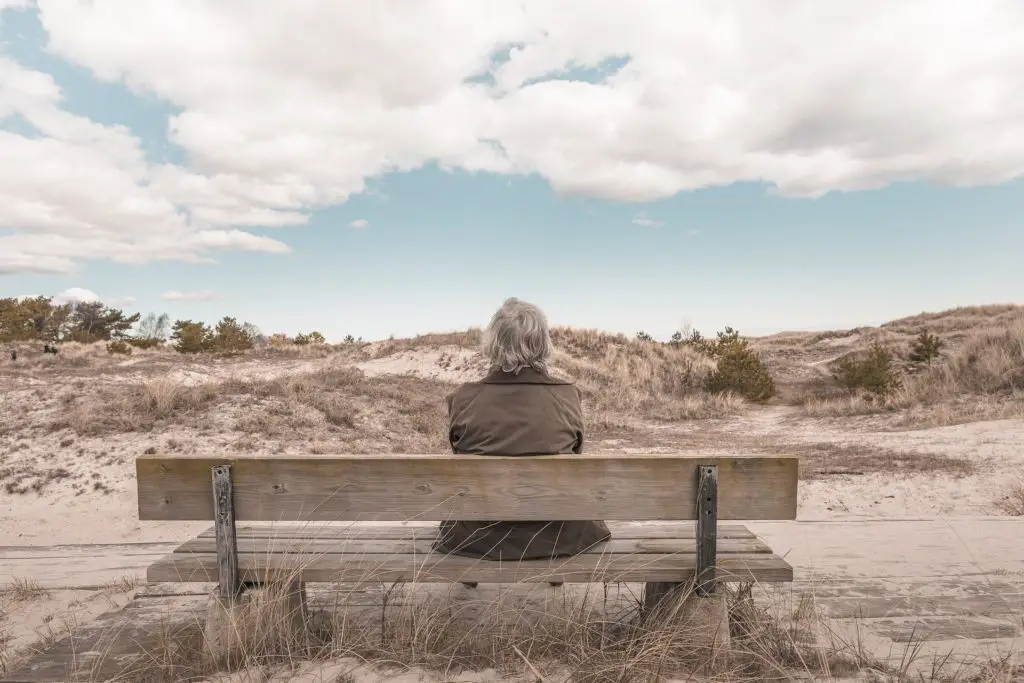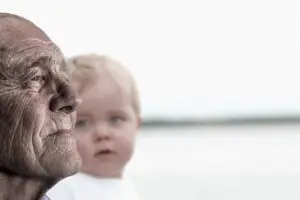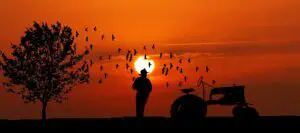

FULL POEM - SCROLL DOWN FOR SUMMARY AND ANALYSIS
I
Half a league, half a league,
Half a league onward,
All in the valley of Death
Rode the six hundred.
“Forward, the Light Brigade!
Charge for the guns!” he said.
Into the valley of Death
Rode the six hundred.
II
“Forward, the Light Brigade!”
Was there a man dismayed?
Not though the soldier knew
Someone had blundered.
Theirs not to make reply,
Theirs not to reason why,
Theirs but to do and die.
Into the valley of Death
Rode the six hundred.
III
Cannon to right of them,
Cannon to left of them,
Cannon in front of them
Volleyed and thundered;
Stormed at with shot and shell,
Boldly they rode and well,
Into the jaws of Death,
Into the mouth of hell
Rode the six hundred.
IV
Flashed all their sabres bare,
Flashed as they turned in air
Sabring the gunners there,
Charging an army, while
All the world wondered.
Plunged in the battery-smoke
Right through the line they broke;
Cossack and Russian
Reeled from the sabre stroke
Shattered and sundered.
Then they rode back, but not
Not the six hundred.
V
Cannon to right of them,
Cannon to left of them,
Cannon behind them
Volleyed and thundered;
Stormed at with shot and shell,
While horse and hero fell.
They that had fought so well
Came through the jaws of Death,
Back from the mouth of hell,
All that was left of them,
Left of six hundred.
VI
When can their glory fade?
O the wild charge they made!
All the world wondered.
Honour the charge they made!
Honour the Light Brigade,
Noble six hundred!
SUMMARY AND ANALYSIS
The ‘Charge of the Light Brigade’ written by Alfred, Lord Tennyson narrates the events when British troops fatally charged directly at the Russian artillery during the Battle of Balaclava in the Crimean War six weeks prior on the 25th October 1854.
The first stanza narrates the beginning of the charge, describing the brigade of 600 men charging ‘half a league’ or about 1.5 miles through the ‘Valley of Death’ towards the ‘guns’ of the Russian artillery. The man instructing the troop to “charge for the guns” is Lord Cardigan giving these orders based on a miscommunication in the chain of command, which Tennyson picks up on in the second stanza saying ‘someone had blundered’. In this stanza the, ultimately fatal, ignorance and vulnerability of the men is commented upon – ‘Theirs not to make reply,/Theirs not to reason why,/Theirs but to do and die.’ The mercy of the soldiers is beyond them, dictated by, on this occasion misunderstood, orders of their seniors – their only role is ‘to do and die.’
The third and fourth stanzas describe the bombardment ‘with shot and shell’ inflicted upon the Light Brigade fired by the Russian artillery that they are charging towards. Tennyson’s use of spatial imagery when describing the cannons surrounding the men highlights the extent to which they are outnumbered and overwhelmed. Despite this, it’s evident of Tennyson’s admiration for the men’s bravery and strength, recounting their riding well ‘into the mouth of hell’. In the fourth stanza, the soldiers helplessly attempt to fight back at the Russian artillery with ‘their sabres bare’ (old-fashioned swords) which are obviously no match for the Russian guns. Despite their doomed position, the Light Brigade fight valiantly against the ‘Cossack and Russian’ enemy breaking through their line of defense and managing to strike a number with their swords. Tennyson then depicts the Light Brigade retreating, but not in their original number – many men have been lost in the fatally, doomed charge.
The fifth stanza then repeats the third, albeit now describing the Brigade retreating with the guns behind them – the men, or ‘all that was left of them’ are now fleeing for their lives as opposed to their initial valiant charge. The sixth stanza shifts from the narrative tone of the previous five to a more reflective one. Tennyson questions the legacy of the Light Brigade and the shear bravery they displayed on the ‘wild charge’ and calls for the reader to honour the ‘noble men’ and their legendary, albeit doomed, charge.


